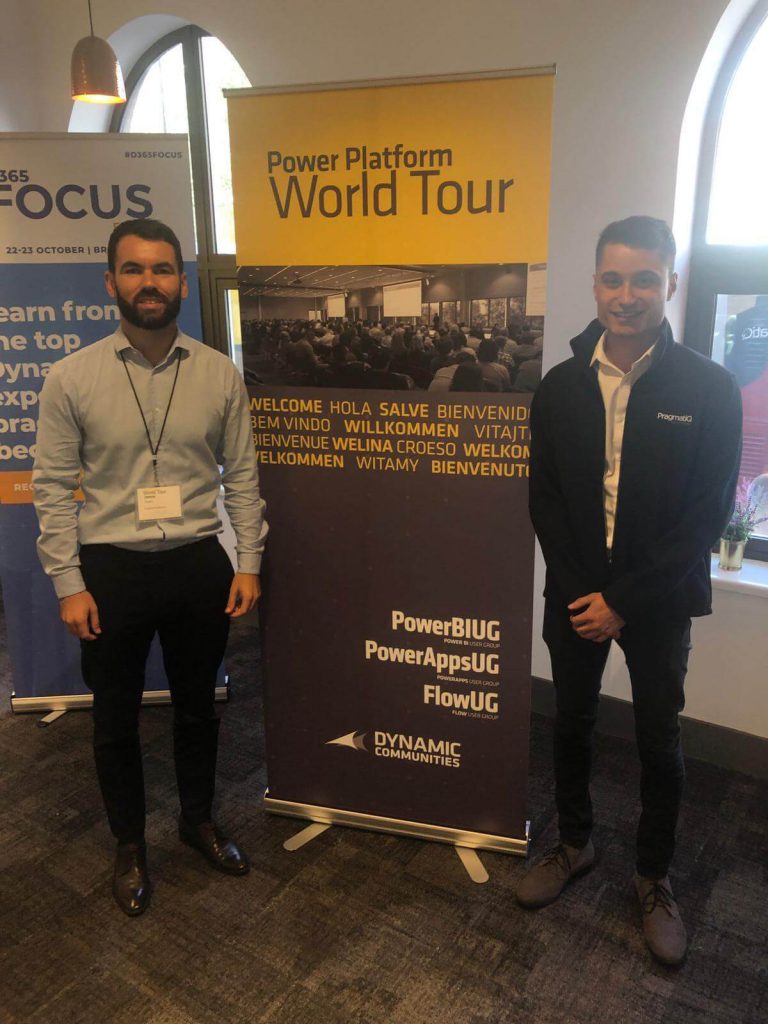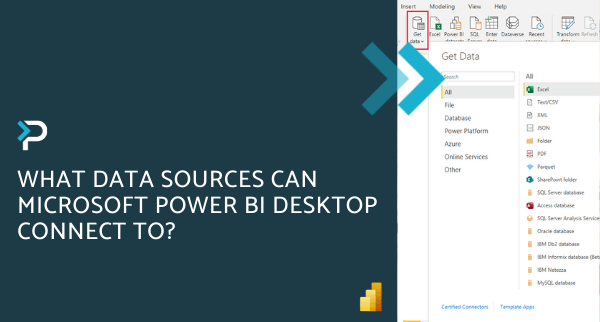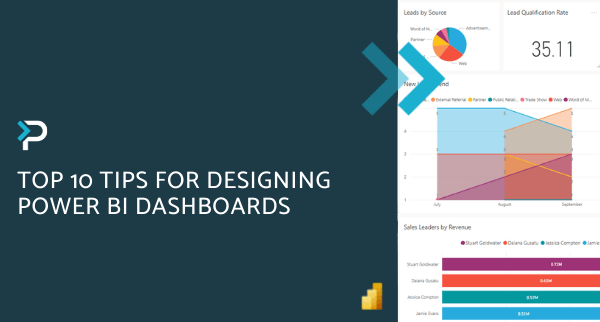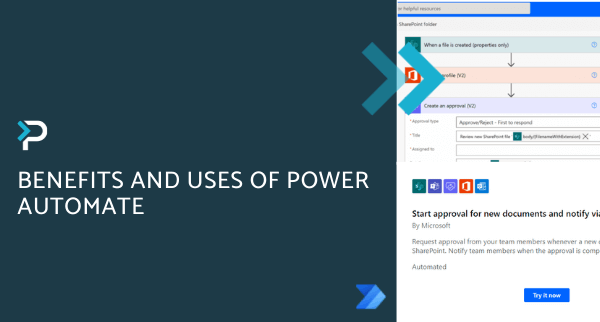Attending the Power Platform World Tour in London
Attending the Power Platform World Tour in London
September 10th, 2019
4 min read
On the 28th and 29th August, the Power Platform World Tour was in London to present the now and the future of the Microsoft Power Platform. The Microsoft Power Platform consists of a suite of different apps such as Microsoft Flow, Power BI and PowerApps which are all connected together using the Common Data Service.

Conference Breakdown
The two days were split into different simultaneous sessions happening all across the conference encompassing different abilities, industries and apps included within the Power Platform suite so there was definitely more than enough to choose from! Within the two days, our technical team attended sessions ranging from No Code/ Low Code development to using AI for Facial Recognition.
At the start of each day a colossal breakfast was served which felt like a well-earned reward for using the peak time London Underground at the height of the British Summer!
The first session we attended was by Matt Gordon and looked into how King’s College London created a Data Culture using Power BI. Power BI was being used to get their student survey results back from the NSS as well as seamlessly create streamlined views of all their result data. Kings currently have 23.71k Power BI licences allocated to 21.9k users. They also have 1829 Pro licenses!
The “High Fives of Flow” was next; a collection of the features, as well as the best, practices when using Microsoft Flow. Using Binary Classification as well as naming your Flow steps were just some of the small and simple features and tips that could make or break your Flow.
On the other end of the spectrum, the Facial Recognition session with Leila Etaati really showed off what you can achieve with the inbuilt AI Builder. The AI Builder is currently in its Preview state so will be available for everybody soon.
The Common Data Service is something that really brings the whole Power Platform together and enables the easy sharing of data between all the Power Platform applications. Scott Durow’s session on “How CDS Changes the way we think about Building Apps” really opened up how to think about CDS as a service and how it has evolved over the years. There was even talk about how Scott predicts that Model-Driven Apps will eventually merge with Canvas App as they already share more and more features every month.
Key Insights from the World Tour
A common takeaway from most of the session was a concept called Data Debt. Data Debt is potential cost (be it time or money) that a business could face later on due to its current data strategy. On the day this was very much linked to the idea of coding. The idea was that too much coding on a solution could open you up to problems later down the road and that No Code/ Low Code would always be the better first step.
What’s Next?
After attending the conference it is clear to see that the Power Platform is constantly evolving. With new licensing guidelines coming as well as thrilling new features and capabilities, it is definitely an exciting road ahead but it can be a confusing one for some. We will just have to wait and see if Model-Driven Apps merge with Canvas Apps or how much more Power BI can help organisations, like Kings College London.
Get in touch
If you would like more information about the Power Platform, please get in touch via the contact form, or email us at info@pragmatiq.co.uk / call us on 01908 038110.
Want to keep in touch?
Sign up to our newsletter for regular updates.
"*" indicates required fields


